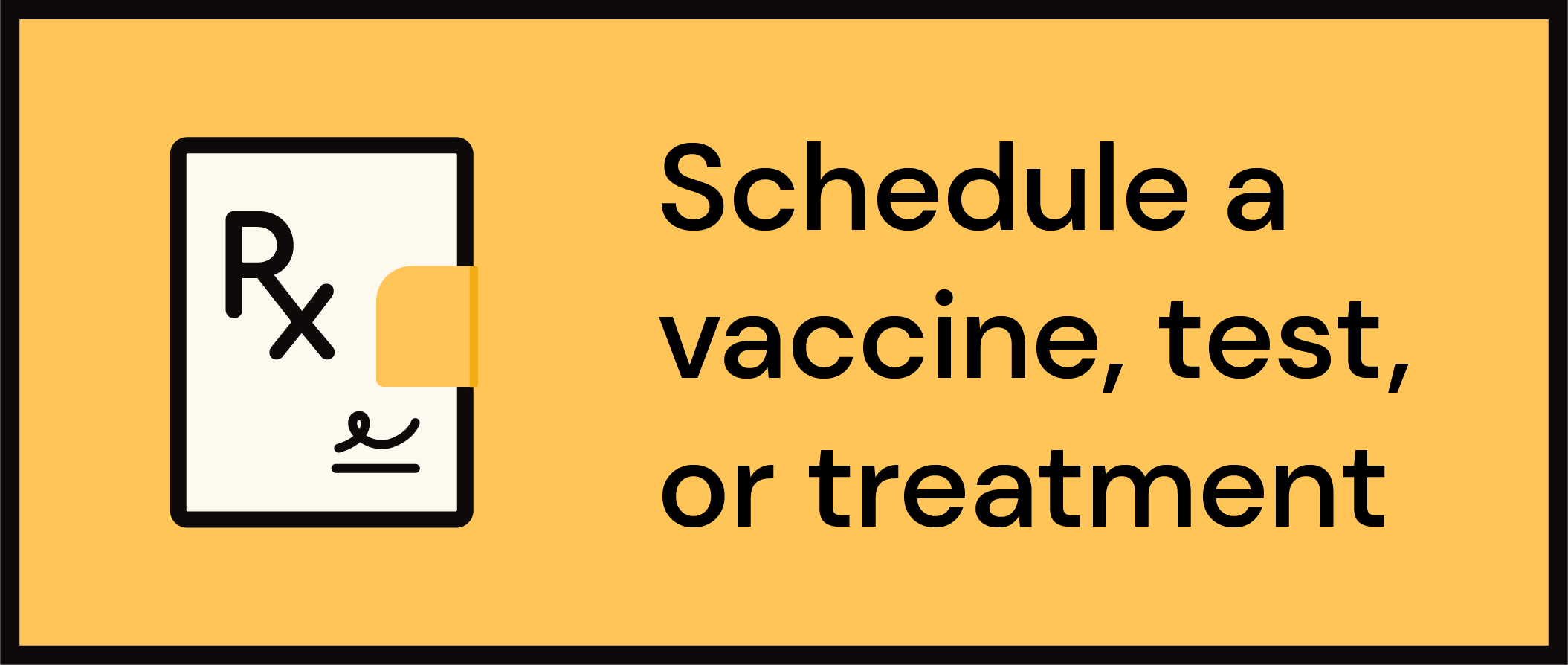Get Healthy!

- Amy Norton
- Posted June 16, 2022
Doctors Transplant Kidneys to Children Without Need for Immune-Suppressing Drugs
Researchers have figured out a way to safely give children a donor kidney without the need for immune-suppressing drugs -- an advance they hope to expand to many more kidney transplant patients in coming years.
Reporting in the June 15 issue of the New England Journal of Medicine, doctors at Stanford University describe the first three children to be treated with the new approach. It involved giving them not only a new kidney, but a new immune system -- both donated from a parent.
All three children now have normal kidney function, and are free of the anti-rejection drugs that transplant recipients normally have to take every day for the rest of their lives.
Much research remains before the approach can be widely offered, and experts cautioned that the three children in these cases had a rare genetic condition causing their kidney disease.
"This is a great outcome for these children," said Dr. Bradley Warady, director of pediatric nephrology at Children's Mercy Kansas City, in Missouri. "But we can't extrapolate this to all children who need a kidney transplant."
That caveat made, "there's cautious optimism this could become a more widespread procedure," said Warady, who is also on the board of directors for the National Kidney Foundation.
Lead researcher Dr. Alice Bertaina said the findings show a "holy grail" of transplant medicine is achievable.
"The most important thing is, we've shown this is possible," said Bertaina, an associate professor of pediatrics at Stanford.
Freeing kidney transplant recipients from anti-rejection drugs would be a huge advance, both doctors said. Lifelong immune suppression comes with a host of consequences, including heightened risks of serious infections and cancer, as well as conditions like diabetes and high blood pressure.
Dr. Eliza Blanchette, a pediatric nephrologist at Children's Hospital Colorado, pointed to another benefit of negating the need for anti-rejection drugs: Over time, they can actually damage the kidney they are designed to protect. So it's possible that freeing patients from the drugs could prolong the life of a donor kidney.
For years, researchers have sought a way to induce "immune tolerance" for donor organs, so that a lifetime of anti-rejection drugs is unnecessary. One approach is through a stem cell transplant from the organ donor.
Stem cells are primitive cells that give rise to mature cells, including those of the immune system. So, a stem cell transplant from an organ donor essentially provides the recipient with a new immune system that should recognize the donor organ and leave it unscathed.
The problem is that new immune system can also attack the recipient's body, causing a potentially fatal reaction called graft-versus-host disease (GVHD).
"It's been thought that the risk was too high," Bertaina said.
But she and her colleagues developed a protocol to minimize the risks, by refining how the donor stem cells are processed: They deplete the transplant of the particular cells, called alpha-beta T-cells, which cause GVHD.
The three children in the current report all received stem cells from their kidney-donor parent, and then five to 10 months later received the kidney itself. One child did develop mild GVHD, but it was managed with medication.
At this point, all three children have been living with fully functioning kidneys for 22 to 34 months -- without immune-suppressing drugs.
Jessica and Kyle Davenport of Muscle Shoals, Ala., are the parents of two of the children. Jessica was the donor for her 8-year-old son Kruz, while his 7-year-old sister, Paizlee, received transplants from Kyle.
"They've healed and recovered, and are doing things we never thought would be possible," Jessica Davenport said in a Stanford news release.
A major caveat is that all three kids have a rare genetic disorder called Schimke immuno-osseous dysplasia (SIOD). Along with kidney disease, SIOD causes short stature, immune system deficiencies and other problems.
Bertaina said the immune deficiencies seen in SIOD may actually be one reason the transplant approach worked so well for these kids.
Far more often, Warady said, pediatric kidney disease is caused by a birth defect, in children with normal immune function.
"We need more research to see if this is effective for children with an intact immune system," he said.
Blanchette also stressed that the effectiveness for children with normal immune function is not yet known.
Bertaina is hopeful this report will spur additional medical centers to do that kind of research. The Stanford team has already expanded the approach to other patient groups, including children whose bodies rejected a prior kidney transplant.
Those patients, Bertaina said, are generally "hypersensitized," and likely to reject a repeat transplant. So giving them a new immune system first might surmount that obstacle.
The ultimate hope, Bertaina said, is to expand the procedure to children, and adults, with a range of underlying causes for their kidney disease.
At this point, it requires a living donor who is a genetic half-match; for an adult, that could be a sibling or child, Bertaina noted. But the researchers are also hoping to adapt the protocol, to even include transplants from deceased donors.
More information
The Nemours Foundation has more on pediatric kidney disease.
SOURCES: Alice Bertaina, MD, PhD, associate professor, pediatrics, Stanford University School of Medicine, Stanford, Calif.; Bradley Warady, MD, member, board of directors, National Kidney Foundation, New York City, and director, pediatric nephrology/dialysis and transplantation, Children's Mercy Kansas City, Kansas City, Mo.; Eliza Blanchette, MD, pediatric nephrologist, Children's Hospital Colorado; Stanford University, news release, June 15, 2022; New England Journal of Medicine, June 16, 2022








